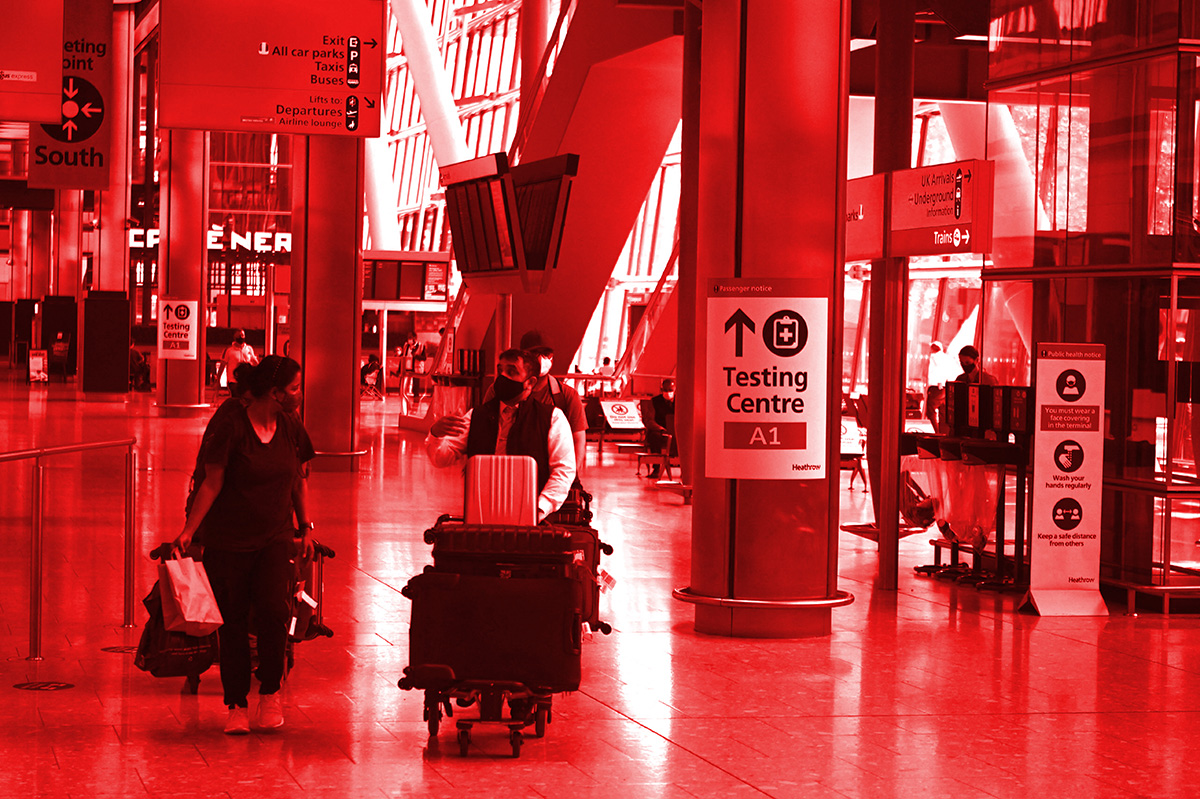WITH many in Fermanagh expressing deep concern about the proposed new Public Health Bill, Health Minister Mike Nesbitt has today moved to allay some of the fears and controversies regarding the planned legislation.
In a statement released this morning, Minister Nesbitt pointed out how several aspects of the rhetoric around the public consultation on the proposed new laws had been inaccurate – pointing out, for example, that there is currently no Public Health Bill, and that it has not even been written yet.
He also stressed there would be no vaccine mandates, that courts authorities already have the power to detain someone infected with a disease in hospital. Regarding the remainder of the proposals, he pointed out the alternative would be to allow someone to contaminate the public and put others at harm.
Read the full statement here:
The public consultation on a proposed new public health bill was always going to be controversial. Not least as it has aggravated the scars left by both the COVID-19 pandemic and the measures adopted to combat it.
However, the next pandemic – and history says one is coming, we all hope it is a long time away – is very unlikely to mirror the COVID-19 experience.
New threats to public health will also emerge and I want Northern Ireland to be in the best position to respond, to deliver better outcomes for our population.
Our current public health act is more than 55 years old. Unlike England, Scotland and Wales, it does not cover infection and contamination from biological, chemical and radiological sources. It is only concerned with infectious diseases, putting us out of sync with 21st century hazards.
That’s why I launched the public consultation on a new bill, building on previous preparatory work under different Ministers.
Contrary to what has been claimed in some quarters, there is currently no Public Health Bill. That should not and will not be written until we have had, and reflected upon, the public consultation on legislative options. Now that the consultation has concluded, responses will be reviewed and assessed.
Then it will fall to me to bring forward a Bill and seek Assembly support.
I look forward to further robust debate, which will offer opportunities for amendments which remove proposals and add others.
While not prejudging the outcome of this process, I can set out some of my guiding principles.
Firstly, the Bill I bring forward will not contain mandatory vaccination powers. That should not come as any surprise as I have already made clear my opposition to such a measure. But I say this – had I not included the option in consultation, I would likely have been questioned about omitting it and not offering the public an opportunity to comment. Proposals for an all hazards bill should allow the public to comment on all possible response options.
Secondly, and for the first time, powers to introduce emergency public health regulations will be subject to a clear and time-limited triple lock. Under this system, they would need to be agreed by me as Minister, accountable to the Assembly; by the wider Executive; and by the Assembly itself.
It is of course possible that emergency regulations would need to be introduced at rapid speed, due to the imminence and potentially catastrophic implication of a new threat against us. In such circumstances, retrospective Assembly approval would be required within 14 days. Otherwise, the regulations would fall.
Thirdly, there would be significant safeguards to protect individual rights. Court orders would be required for a wide range of actions, including entering a dwelling, requiring a person to undergo a medical examination, be kept in isolation or limiting where a person goes.
It should be remembered that under existing legislation, authorities can already seek a court order to require that someone who has an infectious disease be removed to hospital or detained there, or not participate in any trade, business or occupation.
In an important additional safeguard under the proposals, a court order would be required for entry to a private dwelling. At present, entry to a dwelling can be demanded when 24 hours’ notice is given – without the oversight of the courts.
I fully acknowledge that legitimate concerns have been raised during the public consultation. There is always a balance to be struck between the rights of individuals and the wider rights of neighbourhoods, communities and society.
Public health interventions in relation to households, businesses and schools are only used on very rare occasions. But the legal options must be there, unless we are to seriously argue that individuals have the right to knowingly or unknowingly cause biological, chemical and radiological contamination or otherwise put the health and lives of others at risk
To read more.. Subscribe to current edition
Receive quality journalism wherever you are, on any device. Keep up to date from the comfort of your own home with a digital subscription.
Any time | Any place | Anywhere









